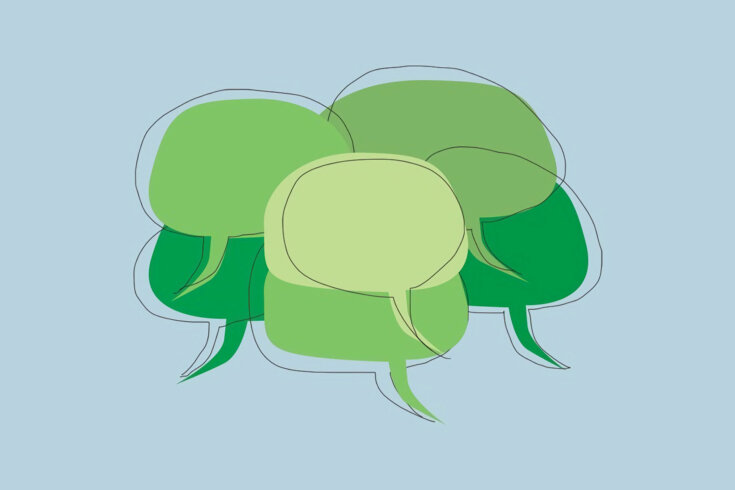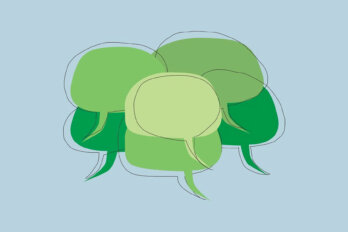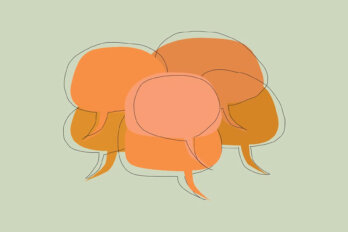Politically Incorrect
Justin Ling’s “Justin Trudeau’s Last Stand” (June) was insightful, but I do challenge the overall flavour of its message, starting with that tired old phrase—“it feels like everything is broken in this country . . . ”—which has been thrown around ad infinitum by Pierre Poilievre. Taking a page out of Donald Trump’s pathetic foray into politics, he has repeated this line every chance he gets, knowing that if he says it loud, long, and often enough, it will stick and become a “truth.” So it comes as no surprise that some Canadians are parroting it. Yes, housing has become an issue, our health care system is stretched, and food prices remain high—but this is the case around the world. On the upside, our inflation is down to 2.9 percent, down from what it was a year ago. The price of gas at the pump has stayed steady—still a lot cheaper than what they pay in Europe or Australia. And according to a Reuters poll earlier this year, Canada’s main stock index is set to “notch a record high next year” as banks cut interest rates. So all is not doom and gloom as some would have us believe.
Matthew Marosszeky
Aurora, ON
Found Poem
Brooke Clark’s “Alligator Pie Is Still a Weird, Wonderful Delight” (June) brought back fond memories of my four-year-old son and I trying to make up our own verses of Alligator Pie, with hilarious results. The essay also reminded me of my tattered, much-loved copy of Scary Poems for Rotten Kids by John Higgins (also known as sean o huigin). As in Dennis Lee’s poetry, o huigin “dips into the darker elements of children’s behaviour.” “The Body” and “The Visitor” deal with the things that creep about in the shadows, while “The Gerbelgek” and “The Day the Mosquitoes Ate Angela Jane” speak of what happens to mean kids. And “Acid Rain,” needing no explanation, was made into a short film by the National Film Board of Canada in 1986. I have found that children love the cadence and the absurdity of words in these poetry books, and I have enjoyed reading them to two generations of children. Thank you for a most enjoyable walk down memory lane.
Nicole Courchesne
Ottawa, ON
Byting Off More than You Can Chew
I’ve been dreaming about machines and their unintended consequences since reading Navneet Alang’s wonderful and insightful remarks on the hype over artificial intelligence, in “Dream Machines” (July/August). There’s plenty of debate these days on the unexpected consequences of the internet and its future for humanity. Of course, the heads of these hugely financed AI companies insist that science can only proceed. I’m immediately reminded of 1945, when the first atomic bomb was about to be tested in New Mexico. A few of the scientists involved feared the consequences of actually using the bomb. Those few doomsayers were ignored, and the majority of senior physicists probably wanted payoff for their time and money spent. Do AI designers also follow that same method?
George Dunbar
Toronto, ON





